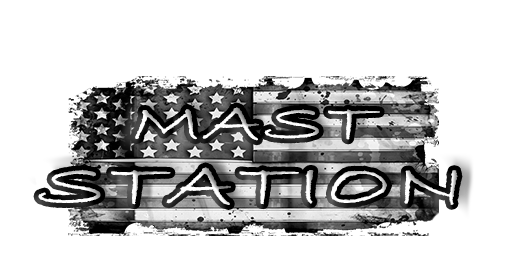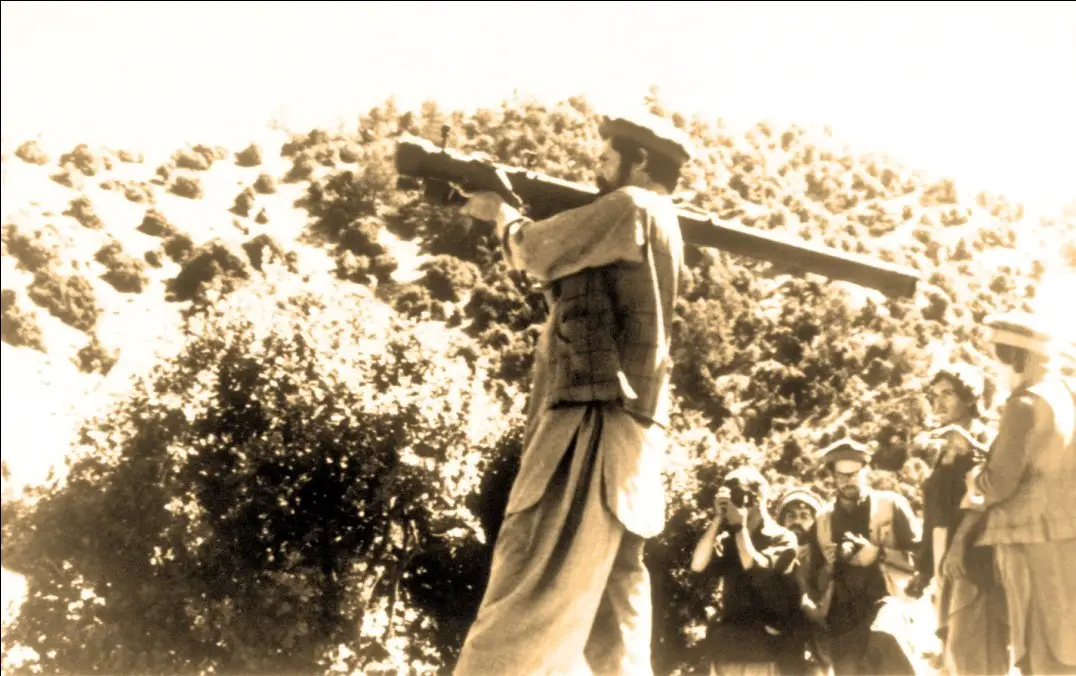The Soviet obstacle of Afghanistan, attack of Afghanistan in late December 1979 by troops from the Soviet Union. The Soviet Union interceded on the Afghan socialist government in its conversation against socialist Muslim guerrillas during the Afghan War (1978–92) and stayed in Afghanistan until mid-February 1989.
In April 1978 Afghanistan’s adversary of fan government, headed by Pres. Mohammad Daud Khan was upset by left-wing military specialists drove by Nur Mohammad Taraki. The influence was starting there on shared by two Marxist-Leninist philosophical gatherings, the People’s (Khalq) Party and the Banner (Parcham) Party—which had prior move out of a solitary connection, the People’s Democratic Party of Afghanistan—and had rejoined in a bizarre strategy over the long haul before the setback. The new government, which had insignificant acclaimed help, passed on close binds with the Soviet Union, dispatched savage cleans of all nearby deterrents and started expansive land and social changes that were irately despised by the reliably Muslim and generally against socialist individuals. Uprisings emerged against the public authority among both genealogical and metropolitan get-togethers, and these—suggested with everything considered as the mujahedeen (Arabic mujāhidūn, “individuals who participate in jihad”)— were Islamic in course.
These uprisings, nearby internal drawing in and brings down inside the public authority between the People’s and Banner social gatherings, affected the Soviets to attack the country the evening of December 24, 1979, sending in around 30,000 specialists and disturbing the transient relationship of People’s chief Hafizullah Amin. The spot of the Soviet activity was to set up their new at any rate influencing customer state, finally headed by Banner pioneer Babrak Karmal, yet Karmal couldn’t accomplish fundamental standard assistance. Kept up by the United States, the mujahedeen resistance made, spreading to all pieces of the country. The Soviets from the beginning left the cover of the protection from the Afghan masterminded power, at any rate, the last was assaulted by mass renunciations and remained usually unsuitable all through the dispute.
U.S. Part of Defense:
The Afghan War immediately settled down into an impasse, with in excess of 100,000 Soviet heroes controlling the metropolitan organizations, more prominent towns, and basic posts and the mujahedeen moving with relative opportunity all through the open country. Soviet officials tried to beat the defiance by different philosophies, at any rate, the guerrillas in general moved away from their assaults. The Soviets by then endeavored to renounce the mujahedeen’s nonmilitary staff support by attacking and removing the commonplace zones. These frameworks started a monstrous departure from the open country; by 1982 some 2.8 million Afghans had looked for a safe houses in Pakistan, and another 1.5 million had fled to Iran. The mujahedeen were as time goes on set up to kill Soviet airpower using shoulder-finished antiaircraft rockets given by the Soviet Union’s Cold War enemy, the United States.
The mujahedeen were divided politically into a little heap of free get-togethers, and their military endeavors stayed messed up all through the conflict. The possibility of their arms and battle connection step by step improved, in any case, attributable to encounter and to the monster proportion of arms and other battle materiel transported off the agitators, through Pakistan, by the United States and different nations and by keen Muslims from all through the world. Moreover, a muddled number of Muslim volunteers—observably named “Afghan-Arabs,” paying little mind to their character—went from all pieces of the world to join the resistance.
The conflict in Afghanistan changed into a disaster area for what by the last piece of the 1980s was the crumbling Soviet Union. (The Soviets endured some spot in the extent of 15,000 dead and considerably more hurt.) Despite having neglected to execute a brilliant system in Afghanistan, in 1988 the Soviet Union indicated an appreciation with the United States, Pakistan, and Afghanistan and consented to pull out its champions. The Soviet withdrawal was done on February 15, 1989, and Afghanistan got back to impartial status.


